
The locally injected gene therapy product is the subject of an ongoing phase 2a clinical trial.

The locally injected gene therapy product is the subject of an ongoing phase 2a clinical trial.

Safety and the recommended dose of CYAD-211 and the lymphodepletion regimen served as the primary end point of the study.
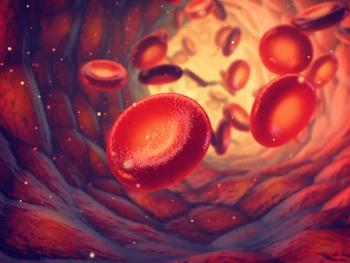
The findings, which were simultaneously reported in the New England Journal of Medicine, support beti-cel as a potentially curative, one-time treatment option for these patients.
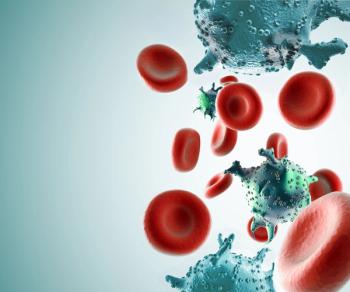
At the 18-month follow-up, the CAR T-cell therapy led to early, deep, and durable responses with a manageable safety profile in patients with relapsed/refractory multiple myeloma.

The CAR T-cell therapy idecabtagene vicleucel continues to demonstrate improved survival among heavily pretreated patients with relapsed/refractory multiple myeloma.
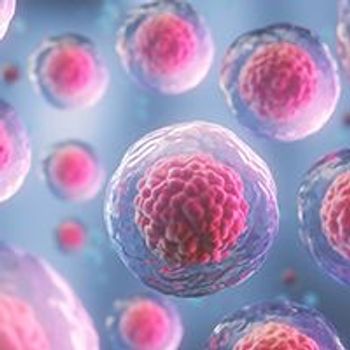
These findings may have implications for patients with hematologic malignancies, suggesting the development of protective memory against SARS-CoV2 and non-SARS human coronaviruses.

The FDA approved the first therapy to treat cancers with rearranged during transfection (RET) gene alterations.

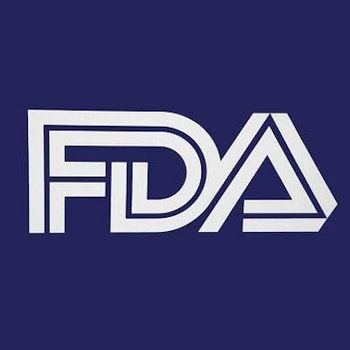
The FDA granted a breakthrough therapy designation to abatacept for the prevention of moderate to severe acute graft-versus-host disease in hematopoietic stem cell transplants from unrelated donors.
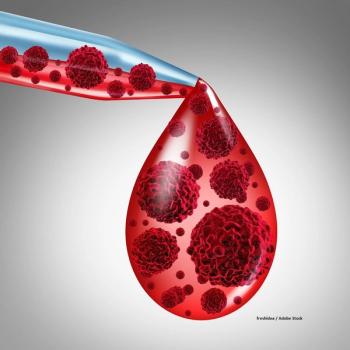
Research on chimeric antigen receptor T-cell therapy to be presented at the ASH Annual Meeting & Exposition is set to address drawbacks associated with treatment.

Robert A. Brodsky, MD discussed the study of a first-of-kind multi-antigen targeted off-the-shelf chimeric antigen receptor- natural killer cell therapy with engineered persistence that will be presented at the ASH Annual Meeting & Exposition.

Receiving a stem cell transplant for the first time following CD19 CAR T-cell therapy induced a reduction in the risk for acute lymphoblastic leukemia (ALL) recurrence, according to a retrospective analysis of the phase I/II PLAT-02 study.

Lurbinectedin plus doxorubicin demonstrated significant clinical activity as a second-line therapy for patients with small cell lung cancer, especially when excluding refractory patients.

An off-the-shelf, dual-targeted chimeric antigen receptor T-cell approach yielded positive results in preclinical specificity, functionality, and efficacy studies.

Published: January 15th 2020 | Updated:
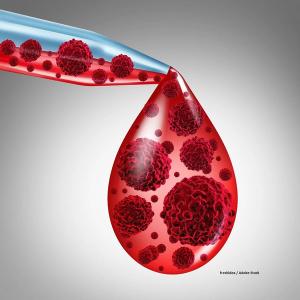
Published: November 27th 2019 | Updated:
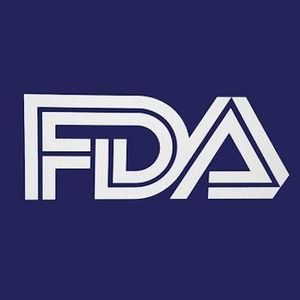
Published: December 4th 2019 | Updated:
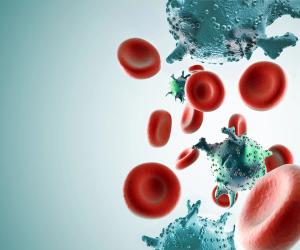
Published: June 19th 2021 | Updated:

Published: November 27th 2019 | Updated:

Published: May 8th 2020 | Updated: